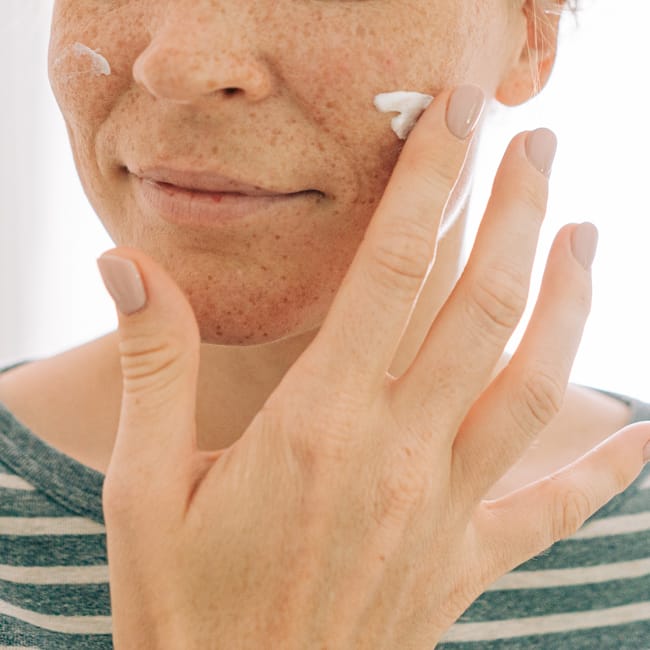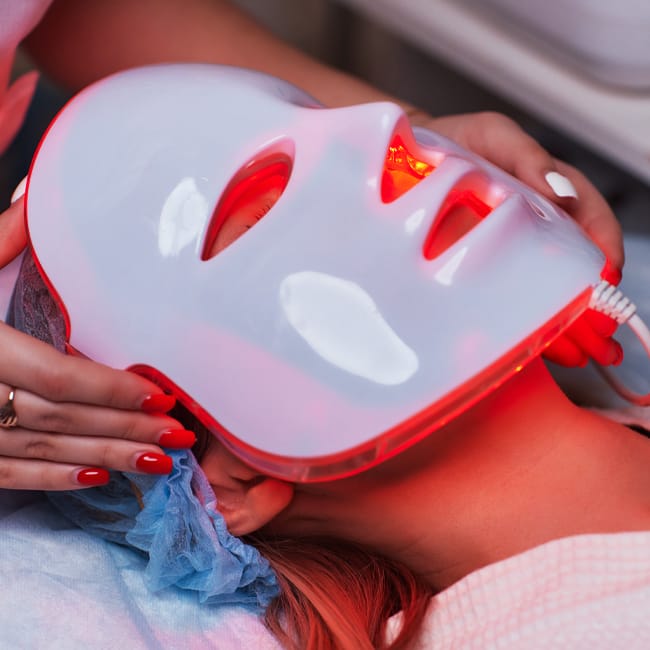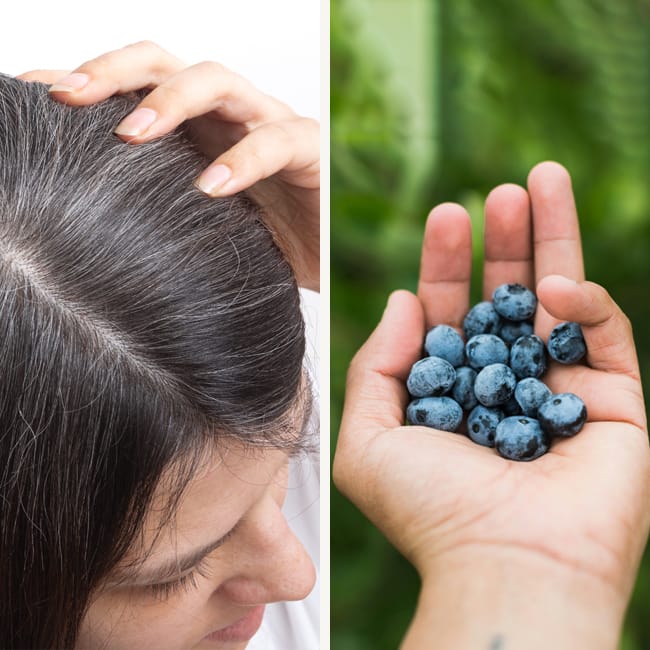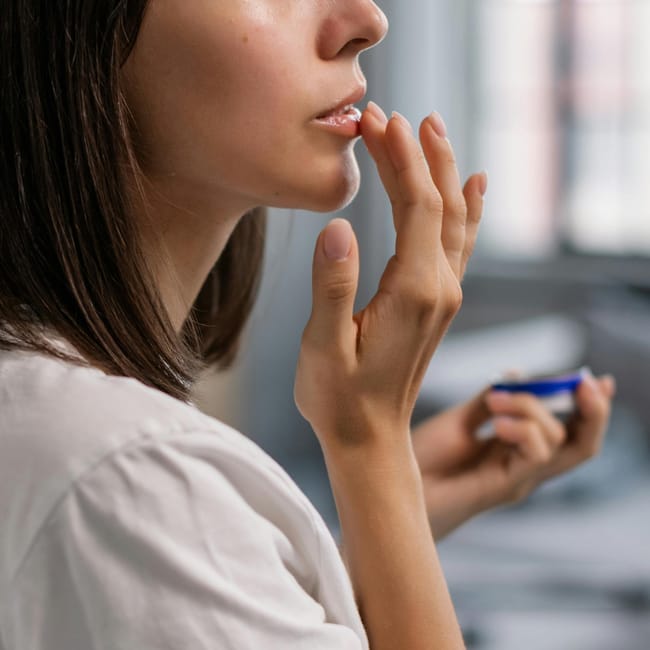This is an archived article and the information in the story may be outdated. Please check the time stamp on the story to see when it was updated last.
No matter what kind of diet you’re on (or even if you’re not on a diet at all), it can be hard for your body to get all the nutrients it needs from food alone. There are also factors outside your diet that can play a role in how you absorb nutrients, such as age, genetic variations and current life stage.
That’s where multivitamins come into play! Vitamins and minerals like iron and calcium are essential nutrients your body needs to function properly. And when it comes to vitamins that help boost skin health, vitamin C might top the list.
In fact, few ingredients are better for brightening skin and addressing signs of aging! Another part of its appeal lies in the fact that vitamin C is great for all skin types and ages.


Vitamin C isn't produced by the body, meaning that the only way to get it is through supplements or your diet. (Citrus fruits like oranges are famously rich in vitamin C.) However, nutritionist and author of The Candida Diet, Lisa Richards, explains why it's absolutely worth your time.
"Vitamin C has the ability to act as an antioxidant in the body," she says. "This is beneficial for many health reasons, but surprisingly is beneficial for the skin as well."
So, what exactly are vitamin C's benefits for the skin? Basically, everything.

"Antioxidants work to reduce the presence and damage of free radicals in the body. Free radicals are similar to toxins (and some even are toxins) that cause cell damage. This extends to the skin as well," she says.
Because damage from toxins can result in aging of the skin and overall health, vitamin C is essential to a poreless, glowing complexion. "The antioxidant properties of vitamin C makes it an efficient and effective nutrient to protect the skin from damage," Lisa adds.

Furthermore, vitamin C helps prevent damage from UV ray exposure. And when applied topically (such as with a serum versus a multivitamin), its acidic nature spurs the skin to heal itself by accelerating the production of collagen and elastin.
As registered dietician Trista Best explains, collagen helps keep your skin moisturized and elastic, which prevents wrinkles. By promoting collagen production, vitamin C acts as a line of defense against premature aging.
The bottom line? Vitamin C has a plethora of skin-healing properties that make it worthy of a permanent place in your medicine cabinet. Get ready to glow!


























